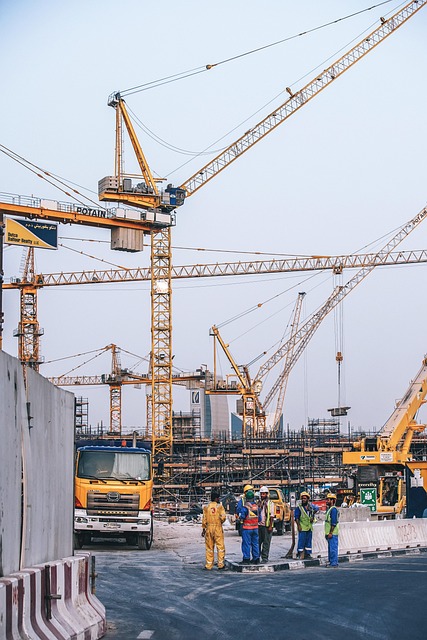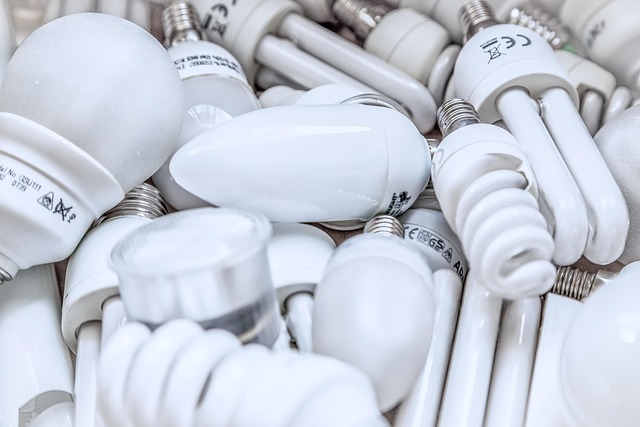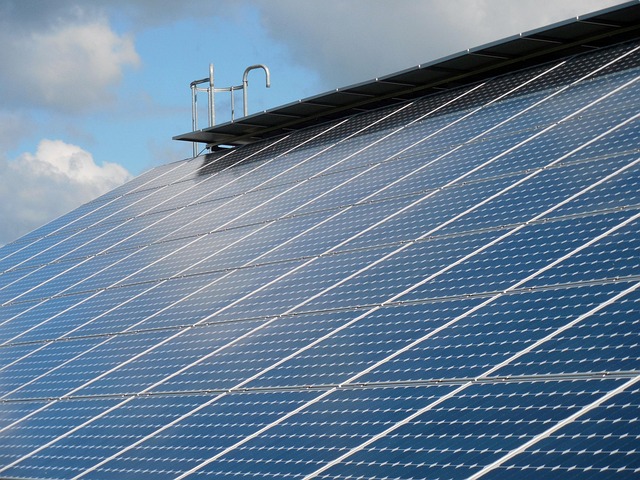Commercial HVAC systems in Albany can significantly reduce energy costs and promote sustainability through several strategic approaches. This includes energy audits, replacing outdated equipment with Energy Star alternatives, adopting modern design principles like high-efficiency filters and smart ventilation controls, and implementing game-changing technologies like geothermal heat pumps and low voltage installations. Regular maintenance and smart thermostat programs further enhance efficiency, while green building certifications like LEED or ENERGY STAR ensure long-term cost savings. Albany businesses like The Radiant Store, Inc. serve as models for adopting eco-friendly HVAC practices that not only benefit the environment but also drive down operational expenses.
In the quest to reduce energy costs, especially in commercial settings like Albany, understanding and optimizing HVAC (Heating, Ventilation, and Air Conditioning) systems is paramount. This article guides you through various strategies tailored for energy-efficient commercial HVAC systems in Albany. From comprehending energy consumption patterns to implementing innovative technologies and adopting smart thermostat programs, each section offers practical insights. Discover how strategic maintenance practices and green building certifications can drive long-term cost savings while promoting sustainability.
- Understanding Energy Consumption in Commercial HVAC Systems
- Implementing Energy-Efficient Technologies for Heating and Cooling
- Strategic Maintenance Practices to Reduce Energy Costs
- Smart Thermostat Programs and Their Impact on Energy Efficiency
- Green Building Certifications and their Role in Long-Term Cost Savings
Understanding Energy Consumption in Commercial HVAC Systems

Commercial HVAC systems are significant contributors to a building’s energy costs. Understanding their energy consumption patterns is the first step towards reducing expenses. These systems, responsible for heating, ventilation, and air conditioning, can be immense energy consumers due to their constant operation and advanced features. Energy-efficient commercial HVAC Albany services focus on optimizing these systems through various strategies.
One key approach involves conducting comprehensive energy audits and implementing HVAC upgrades. This process identifies inefficiencies and replaces outdated equipment with energy star-rated alternatives. By adopting green energy practices, commercial HVAC services can substantially decrease energy usage, leading to long-term savings for businesses while also contributing to a more sustainable environment.
Implementing Energy-Efficient Technologies for Heating and Cooling
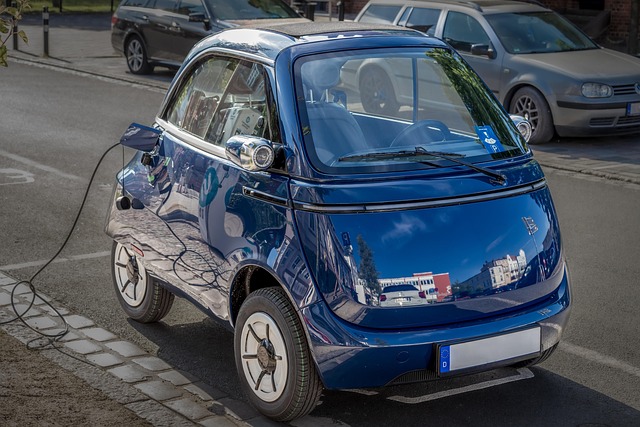
Implementing energy-efficient technologies is a key strategy for reducing commercial HVAC energy costs in Albany. Modern, green building HVAC design principles and systems can significantly lower utility bills while promoting sustainability. For example, incorporating high-efficiency filters, programmable thermostats, and smart ventilation controls allows businesses to optimize temperature settings and airflow, minimizing energy wastage.
Additionally, sunlight reduction windows in Albany play a crucial role in mitigating excessive heat gain during warmer months, reducing the reliance on air conditioning. Eco-conscious heating solutions, such as heat pump systems or geothermal heat exchange, offer efficient alternatives that can lower energy consumption year-round. These measures not only benefit the environment but also contribute to creating healthier and more comfortable indoor spaces for both employees and patrons.
Strategic Maintenance Practices to Reduce Energy Costs

Strategic maintenance practices are a powerful tool to reduce energy costs associated with commercial HVAC systems in Albany. Regular servicing and up-to-date technology can significantly improve energy efficiency. One key aspect is to adopt a proactive approach, scheduling routine inspections and maintenance checks. This involves cleaning or replacing air filters, ensuring ductwork integrity, and optimizing fan and pump operations. Such measures prevent energy wastage caused by inefficient equipment and reduce the overall load on the system.
For instance, implementing geothermal heat pump advantages can be a game-changer for commercial properties. These systems use the earth’s constant temperature to efficiently heat and cool buildings, offering significant energy savings compared to traditional methods. Additionally, low voltage HVAC installations are an eco-friendly option that utilizes less electricity, further contributing to cost reduction. Green incentives for HVAC upgrades are also available, providing financial support for businesses aiming to adopt more sustainable practices.
Smart Thermostat Programs and Their Impact on Energy Efficiency

Smart Thermostat Programs play a pivotal role in enhancing energy efficiency for commercial HVAC systems in Albany, NY. These advanced devices offer customizable temperature settings and scheduling options, allowing businesses to optimize their heating and cooling processes. By learning and adapting to occupancy patterns, smart thermostats can significantly reduce energy consumption during unoccupied periods. For instance, they can program temperature adjustments for different times of the day, ensuring a comfortable environment while minimizing waste. This technology is particularly beneficial in large buildings where maintaining consistent temperatures across various zones is challenging.
Implementing smart thermostat programs contributes to substantial energy savings and fosters an eco-conscious approach to heating and cooling solutions in Albany. Businesses can enjoy lower utility bills and improved sustainability without compromising on indoor comfort. With these innovative systems, commercial spaces can achieve optimal temperature control while aligning with the city’s growing focus on environmentally friendly practices, making them leaders in energy-efficient HVAC management.
Green Building Certifications and their Role in Long-Term Cost Savings
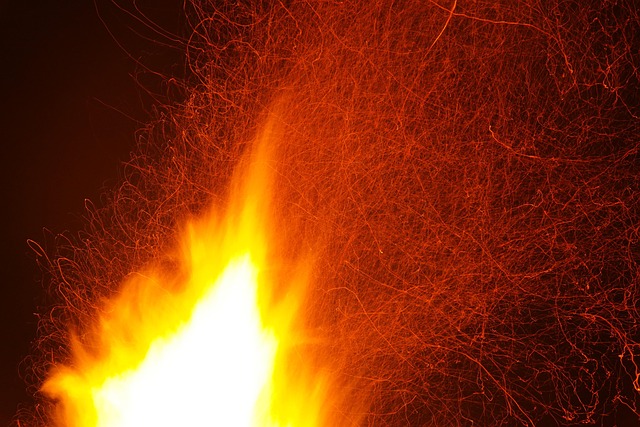
Green Building Certifications play a pivotal role in helping Albany businesses achieve significant long-term savings on energy costs related to heating and cooling systems, especially when it comes to commercial HVAC. These certifications, like LEED (Leadership in Energy and Environmental Design) or ENERGY STAR, ensure that buildings are designed and constructed with energy efficiency at their core. By implementing green building practices, structures can reduce their environmental impact while lowering operational expenses.
One notable example is The Radiant Store, Inc. located at 405 Jordan Rd, Troy, NY 12180. This business exemplifies how certifications drive cost savings through its internet-connected HVAC control systems. By leveraging advanced technology and eco-friendly practices, they maintain optimal indoor temperatures while minimizing energy usage. Such strategies not only contribute to a sustainable environment but also serve as a model for other Albany businesses looking to reduce energy costs and stay competitive in the market.
In conclusion, significantly reducing energy costs for heating and cooling in commercial spaces is achievable through a multi-faceted approach. By understanding energy consumption patterns, implementing cutting-edge energy-efficient technologies, adopting strategic maintenance practices, utilizing smart thermostats, and embracing green building certifications, businesses in Albany can create sustainable and cost-effective HVAC systems. These strategies not only minimize environmental impact but also offer long-term financial benefits, ensuring a brighter and greener future for commercial HVAC operations.
